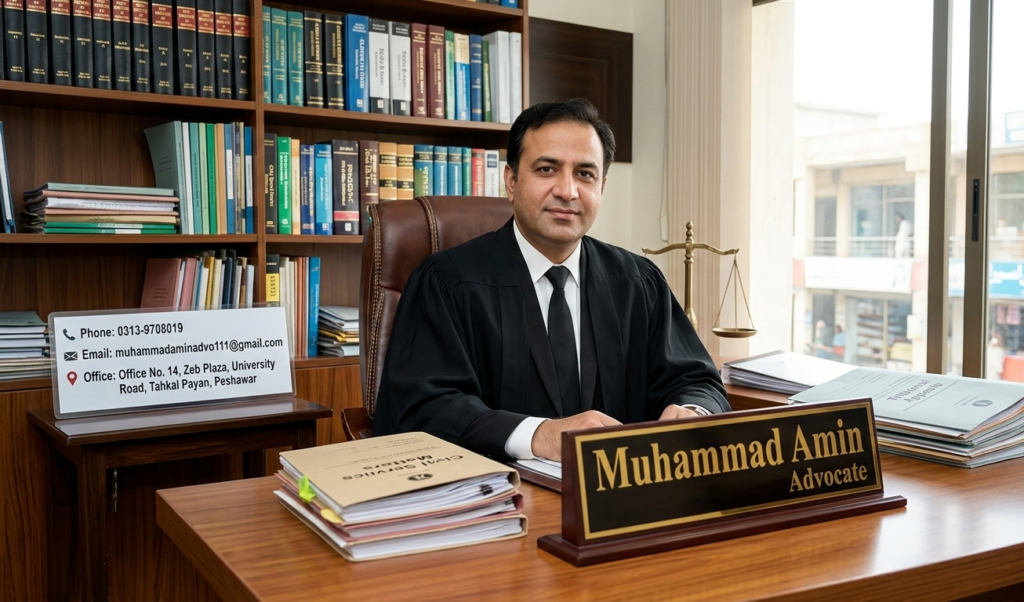Table of Contents
- A Big Win for Government Workers
- The Story Behind the Job Dispute
- What the Supreme Court Decided
- Following the Rules of Fairness
- The Law Regarding Review Petitions
- Why This Decision Matters for You
- Professional Legal Help for Your Case

A Big Win for Government Workers
The Supreme Court of Pakistan recently made a very important choice to protect a civil servant. This case started when the Government of Balochistan tried to take away a man’s job after he already started working. The judges looked at the facts and decided that the government acted wrongly. This ruling helps every government employee because it sets a rule that bosses cannot fire people without a good reason. You can trust that the law stands on the side of honest workers who follow the rules.
The Story Behind the Job Dispute
A man named Muhammad Yasir applied for a government position and passed all his tests honestly. He received his official letter and began his duties in August 2023. However, the department suddenly canceled his appointment just a few weeks later. The government did not give him a warning or a chance to explain himself before they took his job away. This unfair action forced him to seek help from the Service Tribunal. The tribunal agreed that the government made a mistake, but the officials still tried to fight the decision in the Supreme Court.
What the Supreme Court Decided
The Supreme Court checked the evidence and supported the worker completely. The judges noted that Muhammad Yasir got his job through hard work and did not use any lies or fraud. They also pointed out that the government broke the law by not giving him a fair trial. Since the authorities removed him without a notice, they violated his basic rights under the Constitution. Therefore, the Supreme Court dismissed the government’s complaints and ordered them to keep the worker in his position.
Following the Rules of Fairness
The court explained that every government office must follow the principles of natural justice. This means that a boss must listen to a worker’s side of the story before making a big decision. Officials must also act in a way that is clear, honest, and logical so everyone can see that the process is fair. No one should lose their livelihood because of a sudden or a mean decision. These rules ensure that the government treats every citizen with respect and follows the law of the land.
The Law Regarding Review Petitions
Sometimes, a person who loses a case asks the court to look at the decision again. The Supreme Court clarified that these requests are only for very serious mistakes. You cannot file a review petition just because you disagree with the judge or want to repeat your old arguments. A review only happens if there is a massive error that changes the whole outcome of the case. This helps the court system work faster because it stops people from wasting time on simple disagreements.
Why This Decision Matters for You
This ruling serves as a shield for all civil servants across Pakistan. It proves that the law protects your job if you got it fairly and do your work well. Government departments must now think twice before they dismiss someone without following the proper legal steps. This creates a safer and more stable environment for everyone working in public service. If you know your rights, you can stand tall and perform your duties without the fear of losing your job for no reason.
Professional Legal Help for Your Case
If you face a problem with your government job or need advice on service laws, you should talk to an expert. A lawyer can guide you through the tribunal process and help you get your rights back. Legal matters can feel confusing, but professional support makes everything much easier. You deserve a fair chance to protect your career and your future.
For professional assistance with law services and related legal matters, contact: call any time
Muhammad Amin, Advocate 📞 Phone: 0313-9708019 📧 Email: muhammadaminadvo111@gmail.com 📍 Office: Office No. 14, Zeb Plaza, University Road, Tahkal Payan, Peshawar
